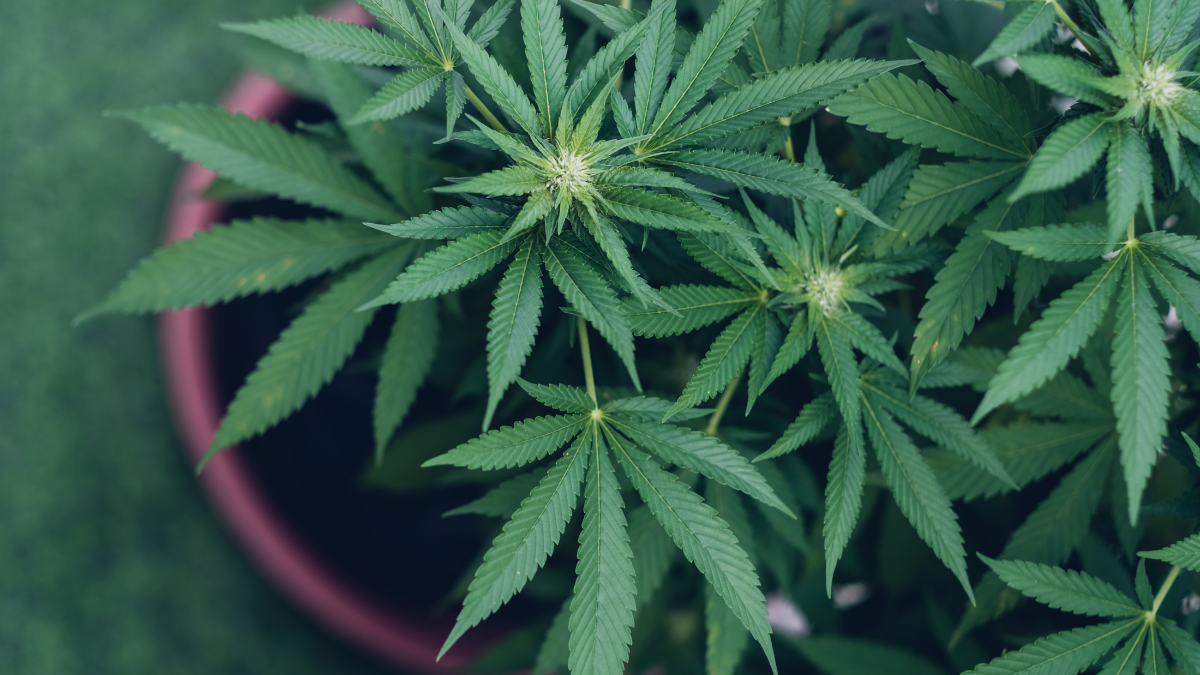If you've ever felt like the fees at ATMs are too high, you're not alone.
A new Bankrate study revealed that ATM withdrawal fees have reached an all-time high, despite increased regulatory scrutiny.
However, it's not all bad new. There have been some notable changes in overdraft fees as well.
ATM fees surge nationwide
Get South Florida local news, weather forecasts and entertainment stories to your inbox. Sign up for NBC South Florida newsletters.
Greg McBride, Bankrate Chief Financial Analyst, warns consumers, "If you go outside the ATM network, the cost of that out-of-network ATM withdrawal is going to cost you more than ever."
According to Bankrate's 2023 Checking Account and ATM Fee Study, the average cost for those transactions is now $4.73 nationwide.
In cities like Miami, the cost escalates even further to $4.82 per withdrawal, making it one of the top 10 most expensive metro areas for ATM fees.
Local
This rise in fees comes despite actions by the Consumer Financial Protection Bureau aimed at eliminating so-called "junk fees" from banks and other financial institutions.
"As consumers, we've got to be on the lookout for fees, whether they're big fees or just small regular fees that can consistently drain money out of your account," adds McBride.
How to avoid excessive fees
Your bank's mobile app could be your first line of defense against these rising costs.
Most banking apps allow you to locate in-network ATMs and even set up account alerts to help you avoid out-of-network fees.
Overdraft fees show signs of decrease
In contrast to the rising ATM fees, there is good news concerning overdraft fees.
"We have seen a real sea change in terms of overdraft fees," says McBride. "It used to be as recently as three years ago, these were fees that went up every single year. They were almost universally charged and they took a big bite. They were increasingly $35 or more."
This change seems to be a result of new guidelines issued by the Consumer Financial Protection Bureau in October.
The bureau focused especially on "surprise overdraft fees" and those for bounced checks.
According to the Bankrate report, the average overdraft fee has dropped by 11% from last year to $26.61, and the average fee for insufficient funds has plunged 25% to a record low of $19.94.
"These are fees that tend to fall most heavily on younger and lower-income workers. And so there's a real reputational risk there for banks that are overly reliant on those overdraft fees," McBride points out.
Consider your options wisely
If you are thinking about switching to an interest-based checking account, McBride advises caution.
"We've barely seen any increase in yields. They're still near zero on average. And that's just really not an efficient use of your cash."
Expert recommendations
For those looking to avoid bank fees altogether, McBride recommends opting for accounts that waive fees.
Online banks often offer checking accounts without monthly service fees.
If you're not ready to make that jump, consider a bank where it's easier to avoid fees, perhaps by maintaining a minimum balance in your account or setting up direct deposit.



